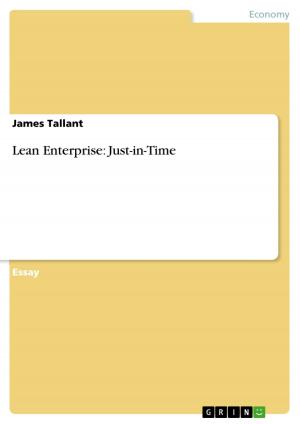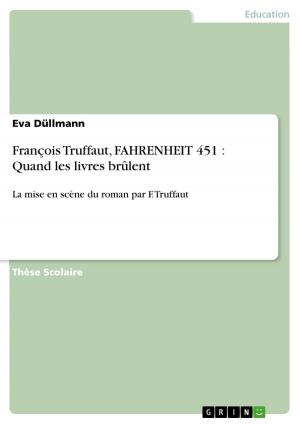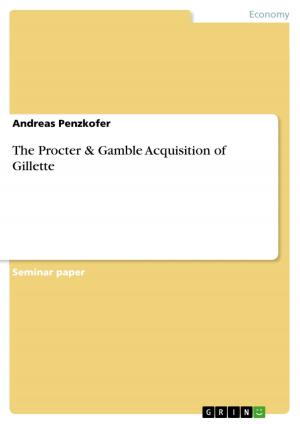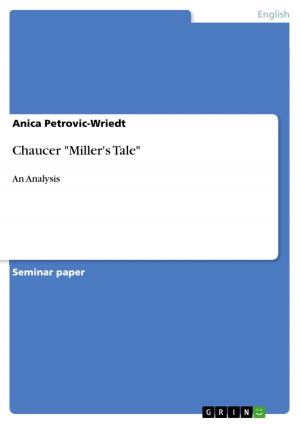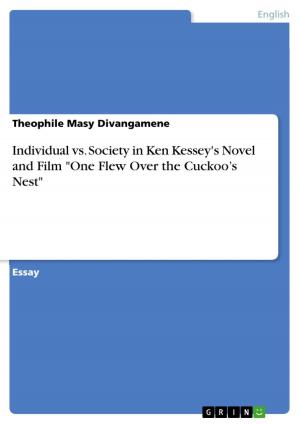Miscarriages in the British legal system. 'The Guildford Four' and 'The Birmingham Six'
The Guildford Four and The Birmingham Six
Nonfiction, Reference & Language, Study Aids, ESL, Foreign Languages| Author: | Rebecca Bihler | ISBN: | 9783640395613 |
| Publisher: | GRIN Publishing | Publication: | August 11, 2009 |
| Imprint: | GRIN Publishing | Language: | English |
| Author: | Rebecca Bihler |
| ISBN: | 9783640395613 |
| Publisher: | GRIN Publishing |
| Publication: | August 11, 2009 |
| Imprint: | GRIN Publishing |
| Language: | English |
Essay from the year 2005 in the subject English Language and Literature Studies - Culture and Applied Geography, grade: 2,0, University of Constance, language: English, abstract: The following paper will deal with miscarriages in the british legal system with a closer look on the cases of 'The Guildford Four' and 'The Birmingham Six'. The Guildford Four, as well as the Birmingham Six were convicted for pub bombings they have not commited. The Guildford Four, Paul Hill, Gerry Conlon, Carole Richardson and Paddy Armstrong, four young people from Northern Ireland, were convicted on October 22, 1975 for the Guilford and Woolwich bombings on October 5, 1974. The bombs went off in pubs in Guildford and Woolwich that were mainly visited by British soldiers. This was the reason, why they were chosen as targets by the IRA . The Birmingham Six, Hugh Callaghan, Patrick Joseph Hill, Gerard Hunter, Richard McIlkenny, William Power and John Walker, six men from Northern Ireland, were charged with murder and bombing on May 12, 1975 and found guilty on August 15, 1975. The bombs went off in Birmingham on November 21, 1974 and were the most violent and injurious terrorist attacks in British history until that point. Those terrorist attacks were part of a bombing campaign by the IRA. They stopped in December 1975 with the arrest of Joe O'Connell, Harry Duggan, Hugh Doherty and Eddie Butler, known as the Balcombe Street gang.
Essay from the year 2005 in the subject English Language and Literature Studies - Culture and Applied Geography, grade: 2,0, University of Constance, language: English, abstract: The following paper will deal with miscarriages in the british legal system with a closer look on the cases of 'The Guildford Four' and 'The Birmingham Six'. The Guildford Four, as well as the Birmingham Six were convicted for pub bombings they have not commited. The Guildford Four, Paul Hill, Gerry Conlon, Carole Richardson and Paddy Armstrong, four young people from Northern Ireland, were convicted on October 22, 1975 for the Guilford and Woolwich bombings on October 5, 1974. The bombs went off in pubs in Guildford and Woolwich that were mainly visited by British soldiers. This was the reason, why they were chosen as targets by the IRA . The Birmingham Six, Hugh Callaghan, Patrick Joseph Hill, Gerard Hunter, Richard McIlkenny, William Power and John Walker, six men from Northern Ireland, were charged with murder and bombing on May 12, 1975 and found guilty on August 15, 1975. The bombs went off in Birmingham on November 21, 1974 and were the most violent and injurious terrorist attacks in British history until that point. Those terrorist attacks were part of a bombing campaign by the IRA. They stopped in December 1975 with the arrest of Joe O'Connell, Harry Duggan, Hugh Doherty and Eddie Butler, known as the Balcombe Street gang.

